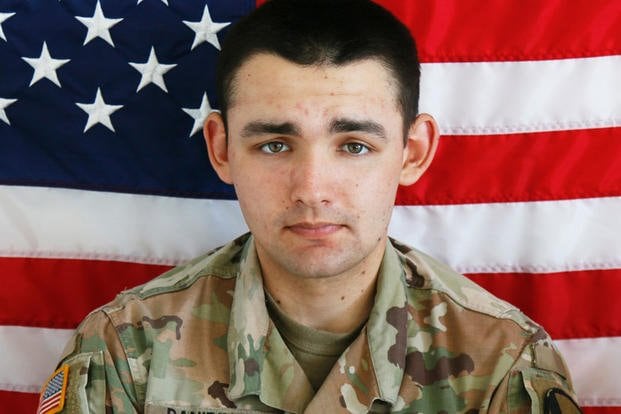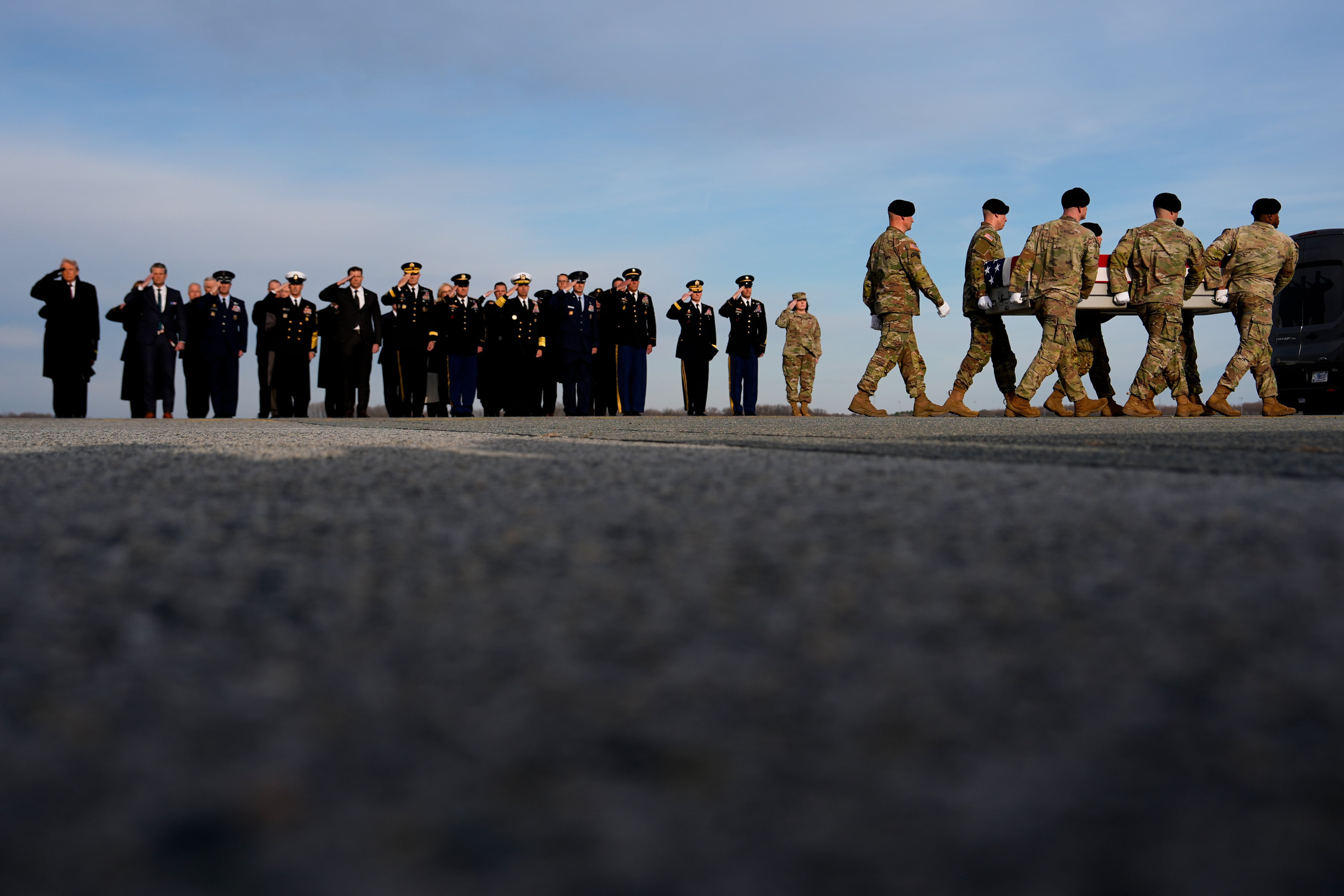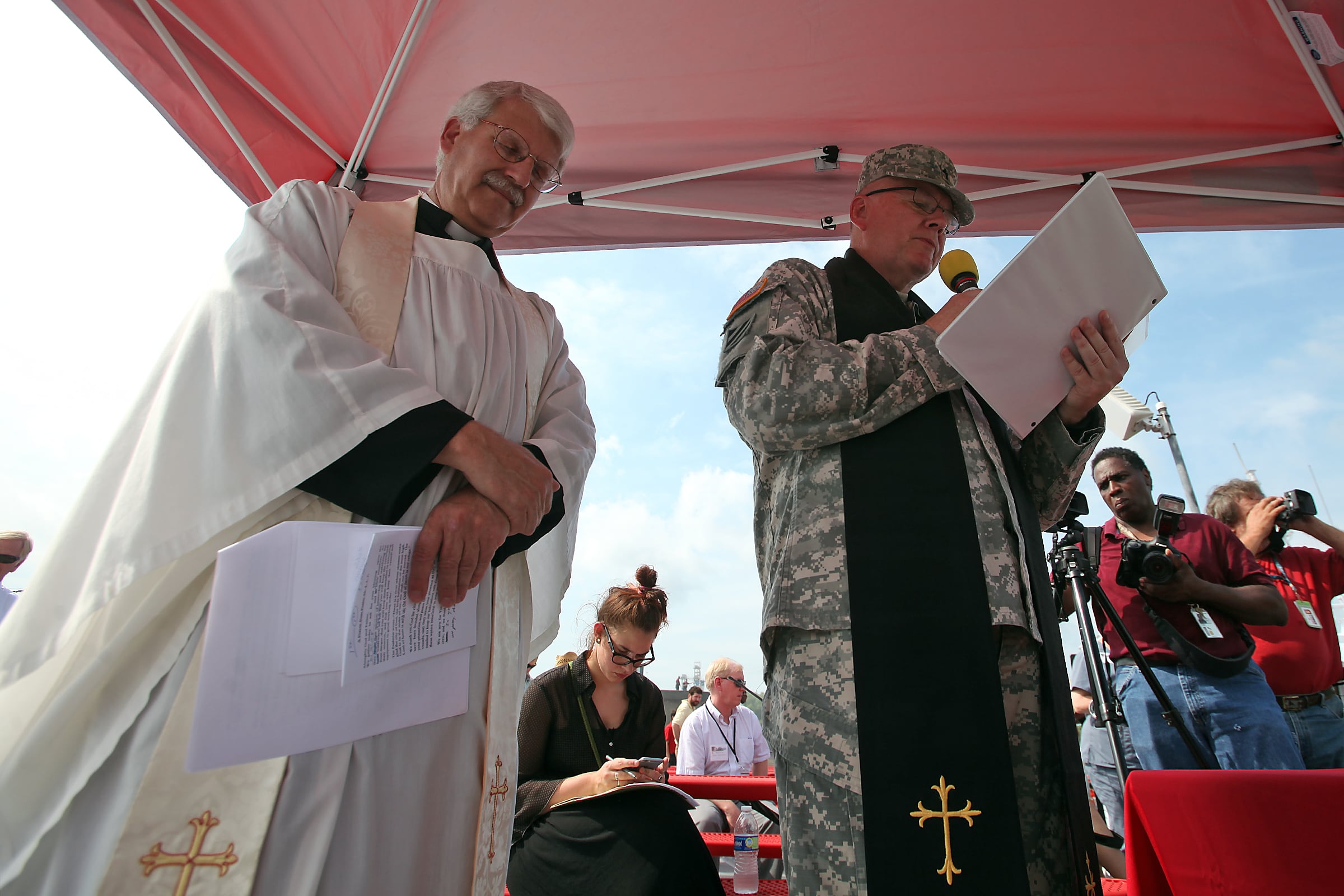A 20-year-old infantryman’s death while training in South Korea last fall was “very preventable," a Florida congressman said this week after sending a letter to Defense Secretary Mark Esper outlining his concerns.
The letter said there was a nearly two-hour delay in getting Spc. Nicholas C. Panipinto to a hospital after the M2A3 Bradley Fighting Vehicle he was driving overturned during a road-test while his unit was deployed to Camp Humphreys on the Korean Peninsula. The young soldier was also not properly trained on the vehicle, which had equipment that did not work, and the blood transfusion he needed was not readily available, according to the letter.
Rep. Vern Buchanan, R-Fla., wrote to Esper on May 27, and called for action by House and Senate Armed Services Committee ranking members on Monday. Buchanan asked that they work to reduce the number of fatalities from military training accidents by codifying new requirements in the annual defense spending bill.
U.S. Forces Korea did not immediately respond to a request for comment. The early November accident that took the life of Panipinto, who is from Bradenton, Florida, also injured two other troops.
Buchanan said Panipinto was a constituent of his, and that he wrote the letter to Esper on behalf of the deceased soldier’s mother after reading the mishap investigation provided to them, which outlined lapses in safety standards.
RELATED
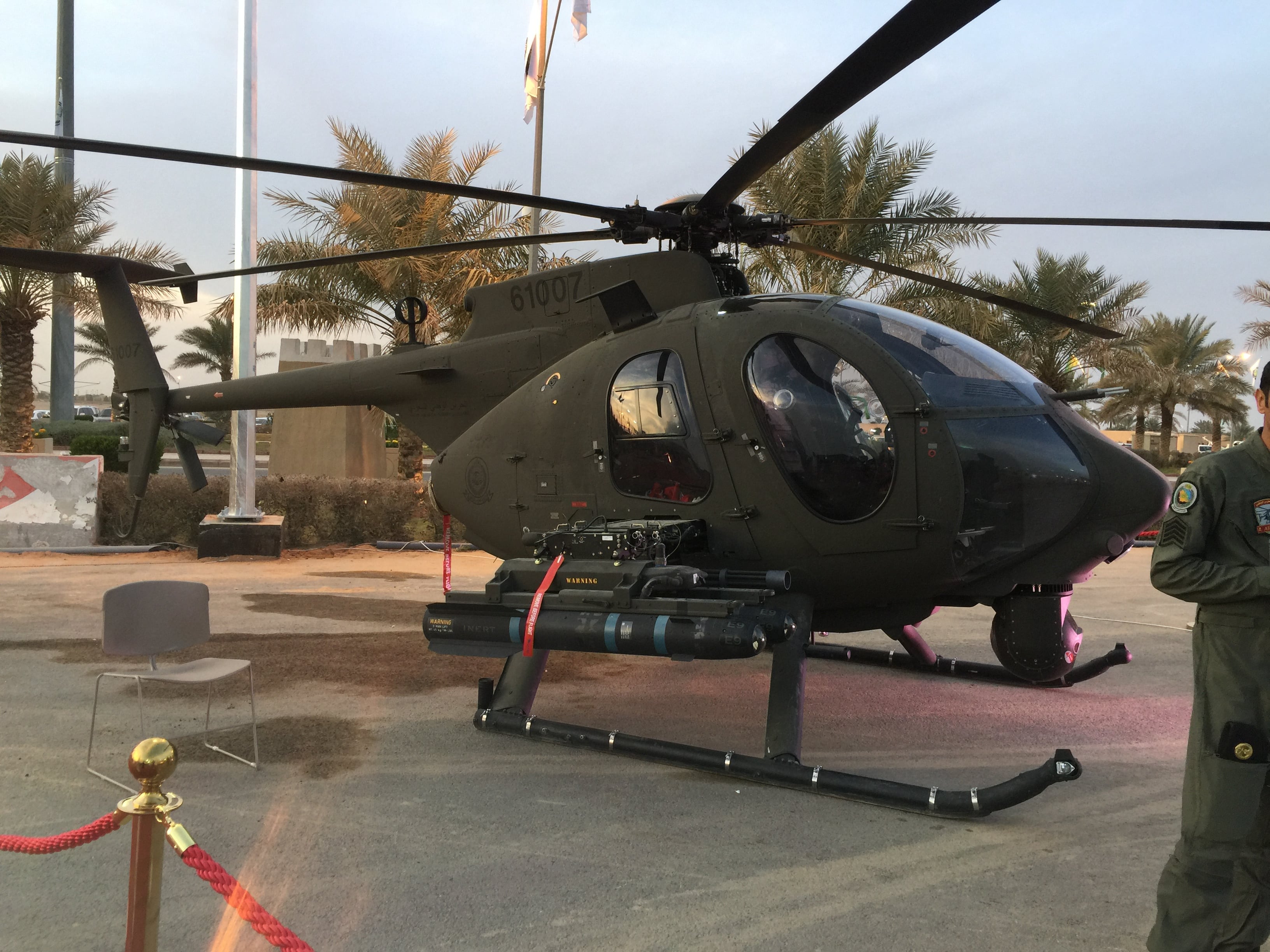
Current regulations require three days of classroom instruction and two days of hands-on driving experience with an instructor before troops are licensed to drive the Bradley, Buchanan noted. But according to Panipinto’s mother, Kimberly Weaver, the soldier did not have a license. Panipinto only had six hours of hands-on driver training and no classroom instruction when he was ordered to road-test the vehicle, Weaver said.
“Also, not all of the CVC headsets in the four M2A3s that day were properly functioning. As a result, all crew members could not communicate with each other,” the letter to Esper reads. “Furthermore, the safety pin in the driver’s hatch of SPC Panipinto’s M2A3 failed. During the road-test, the right-hand side tread of SPC Panipinto’s M2A3 came off, which caused his vehicle to roll over.”
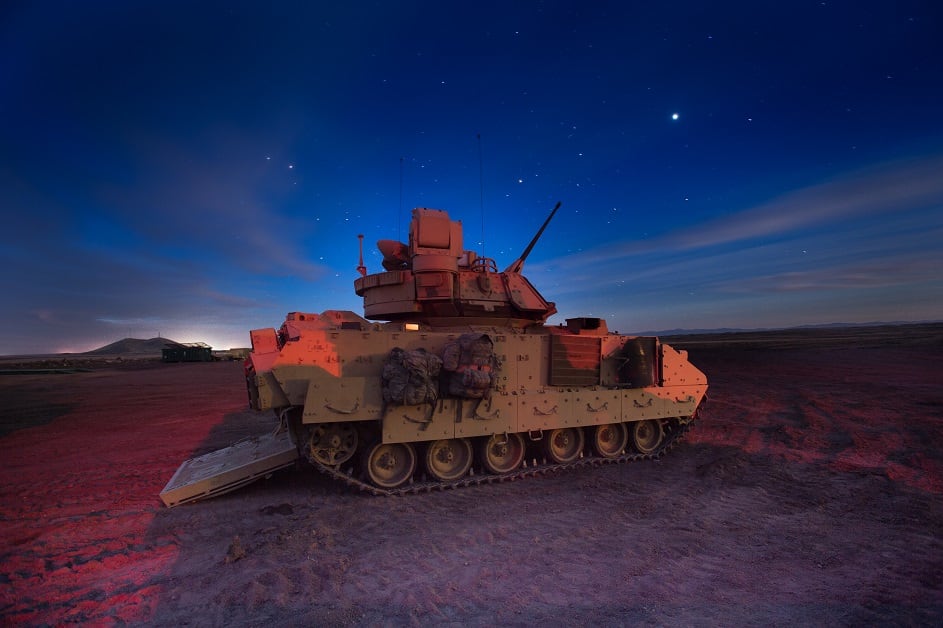
More problems arose after the accident occurred. Camp Humphreys did not have an on-campus hospital or even a military ambulance available to quickly transport Panipinto to a medical facility for emergency treatment, Buchanan said.
A civilian ambulance did respond to Panipinto, but it had an insufficient oxygen supply, its suction equipment stopped functioning and it didn’t have a blood transfusion supply, according to Buchanan’s letter.
“In addition, that day, the first on-base MedEvac helicopter dispatched to the accident scene got lost,” the letter to Esper reads. “A second MedEvac helicopter could not start at all. Eventually, the first MedEvac helicopter got to the accident scene, 80 minutes after the accident.”
By the time Panipinto arrived at a hospital, two hours after the accident, it was determined he needed nine pints of blood and five pints of plasma transfused.
RELATED
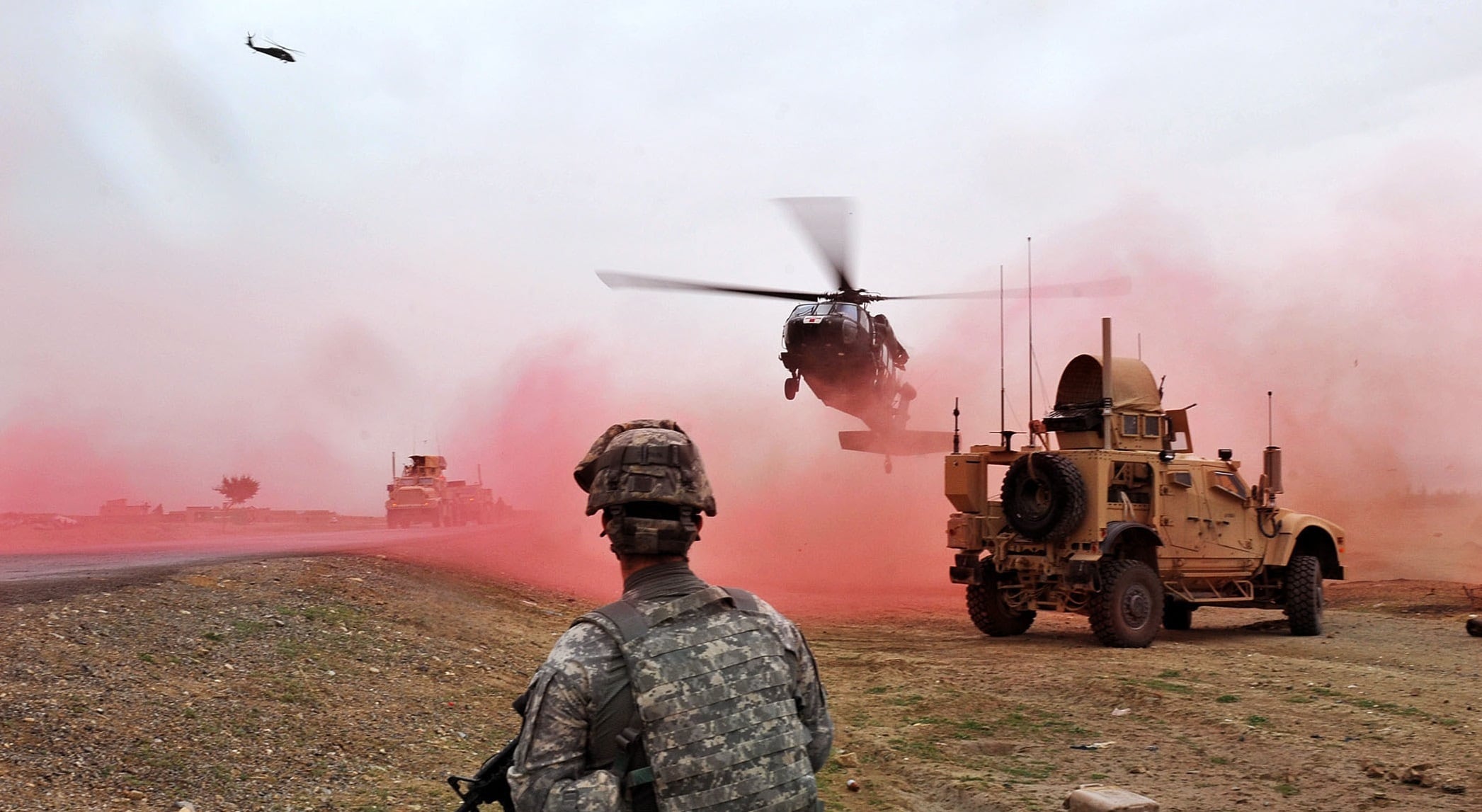
“Unfortunately, he passed away later that day from the severe injuries he sustained in the accident and the prolonged delay in getting him to a hospital for emergency medical treatment,” Buchanan wrote in his letter.
The master driver for Panipinto’s unit said that their driver training program was “nonexistent.”
“When I took over the program there was nothing, I had no paperwork for any soldiers with licenses," the master driver said in a sworn statement. "Soldiers came up to me and informed me that the previous master driver just gave them licenses without a 40 hour block of instruction.”
Buchanan suggested reforms in this year’s defense spending bill, including taking steps to strengthen the training and licensing of military drivers, adding simulation training, ensuring a hospital or emergency services are available and ensuring MedEvac helicopters and military ambulances are stocked with the requisite medical supplies.
“This is an unbearable pain and what makes it even more painful, is that it was entirely preventable,” Panipinto’s mother, Kimberly Weaver, said. “Nothing is going to change the outcome for us now, but we can and should take action to prevent it from happening to other families in the future."
Panipinto was assigned to the 1st Cavalry Division’s 3rd Armored Brigade Combat Team. His unit started its nine-month deployment to the Korean Peninsula in July 2019.
Vehicle roll overs are not a new problem within the military. An Army Times report from last summer highlighted the fact that there had been a spike in deaths from that type of mishap throughout fiscal year 2019.
The “serious deficiencies and failures” that led to Panipinto’s training death need to be addressed, Buchanan said. His letter referenced a Congressional Research Service report from May 2019 that stated 32 percent of active-duty military deaths between 2006 and 2018 were the result of training accidents, a number that far outpaces combat deaths.
Kyle Rempfer was an editor and reporter who has covered combat operations, criminal cases, foreign military assistance and training accidents. Before entering journalism, Kyle served in U.S. Air Force Special Tactics and deployed in 2014 to Paktika Province, Afghanistan, and Baghdad, Iraq.
